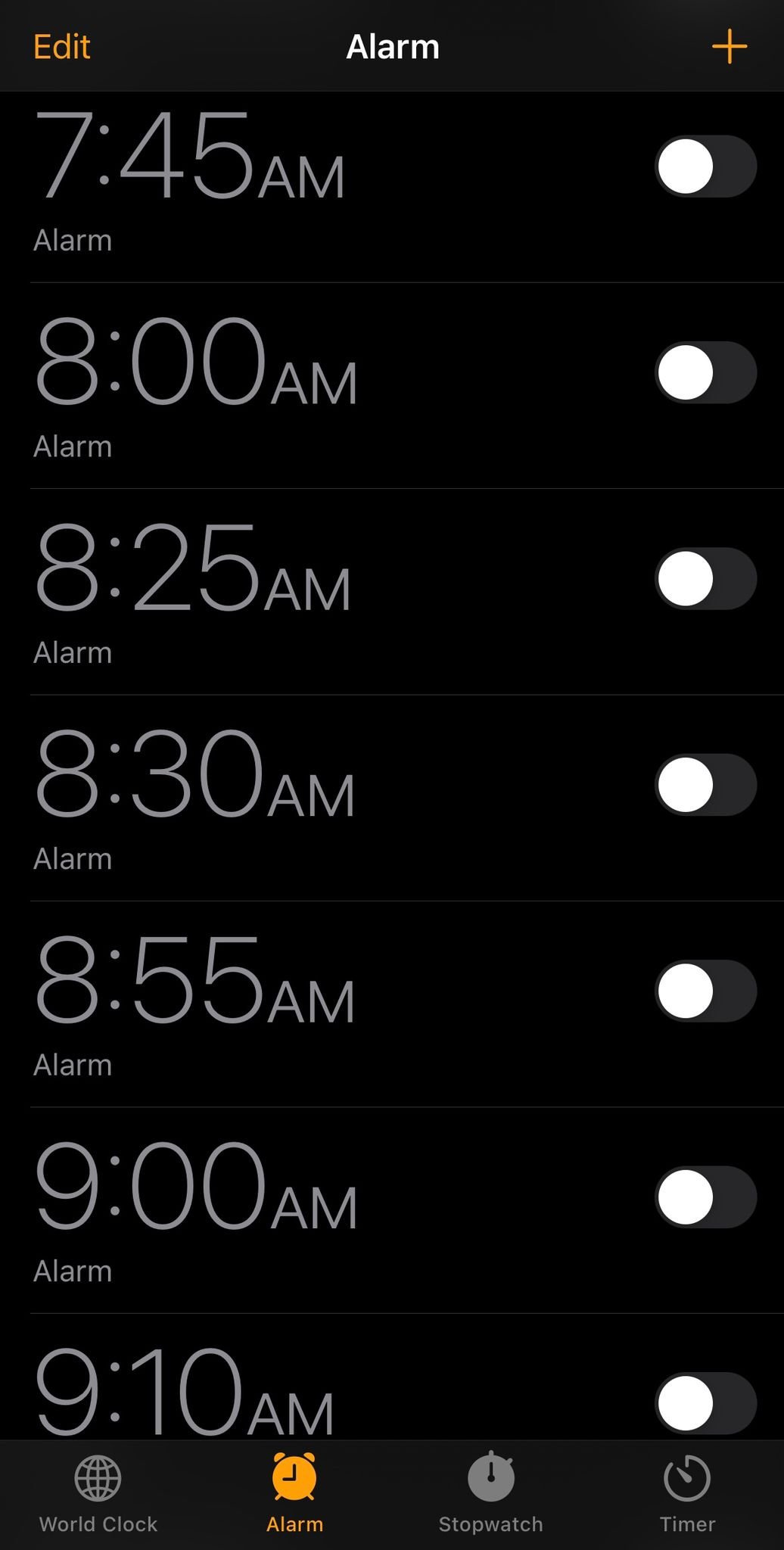Time is finite. It is one of the most important constants in life. How we use our time and prioritize greatly affects our behaviour, choices, and quality of life. I think time management is one of the most important life skills one can learn and own; and I try to integrate it into my teachings and lessons with all my students regardless of their age.
Since young, I honestly have a very poor concept of time; if I don’t have a phone or clock with me, I lose track of all time. But what I’ve really achieved over the years is being able to manage my time at a high level and work around my weaknesses. There are usually too many excuses for not completing a task etc. I get asked quite often on how I’m able to manage so many different things at once yet still have the time to relax and chill. It takes years to build that skillset; I strongly believe that we all have much more time than we think if we prioritize.
When we create awareness and develop skillsets on time management, we achieve these in the process:
Prioritization
- Learn to filter out what’s most important at any given point of time regardless of its significance.Efficiency
- Learn to make the best out of every situation within a limited time frame.Respect & Ownership (This is huge)
- Self-respect and respect for other people’s time can bring you far in your life in all aspects; personal, social, career.
- Owning this life skill and the regulating the processes leading up to it will be beneficial for life.
Just like music, when you understand the fundamentals and structure of rhythm, pulse, groove and how it flows in the bigger picture of the music, only then can you truly be free with time. This is the same for life. I’m always thinking of ways to incorporate these life values into our music lessons. I constantly go through different charts, writings, and drawings with my students; for them to understand their own time and life better.
Music is a medium to channel those values. Kids are sponges, whether they absorb or own the knowledge is up to them. But we teachers have a duty to shine light on paths or thoughts that they might not know, so that they can make better decisions in their own lives. I think that’s the true purpose of education. Knowledge opens up endless pathways. (A topic for another day)
We usually narrow down a student’s busiest day of the week, so that we can see exactly how much more “free time” there is despite the chaos. Students would often realize that they have a lot more time than they think when you can visually* dissect and assign priorities accordingly.
*24hour bar/pie/ cake chart varies accordingly to students’ timetable and needs
Once we establish how much time could be allocated to practicing, we further narrow down what are the problematic areas to work on during that session. You train your mind to work more efficiently when you can filter out what’s most important to work on when practicing. Mindless practicing gets you nowhere. The allocated time could be used for both physical, and/or mental practicing, and I’m a strong advocate for the latter. Mental practicing takes a lot more effort; it is harder to teach that, but it works wonders overtime if the student persists as well.
Having short attention spans aren’t an issue if you know how to work around it. Some of my students have 7-8 mins attention span or less, and I fully empathize coz I’m like that too. Don’t make students feel less of themselves just because they cannot focus. There are always underlying reasons for certain behaviours. We must figure out ways to embrace and empower that instead; bringing light to how they can manage their own practice time with certain tools (e.g. alarm) and reminders (writing down these charts and pointers). Overtime, these can slowly shift behaviours and mindset.
Learning to manage my time is probably one of the most positive life skills I’ve acquired as it has a ripple effect on other parts of my life and work that needs to be managed as well. Personally, alarms and Google Calendar have been the best tools that I use. Since I have a poor concept of time, I pre-set the alarms throughout the day according to the different tasks needed to be completed so that I really get things done within that time frame; be it admin, teaching, or miscellaneous work. This might seem intense, but it really works for me! =) The altMBA experience last year had further enhanced this prioritization and making time for chillaxation is crucial for me.
When older students like these express how they’ve benefitted from our time management lessons, it really energizes me to continue what I do daily, so thank YOU students for being the light and fuel of my teaching and learning journey.
I would highly encourage all teachers to incorporate these time management lessons into your teachings: it aligns students on what’s important to focus on for their practices, giving them the tools they need to start efficient practices and in turn, you’ll see improvements in their playing!
Happy teaching! <3







